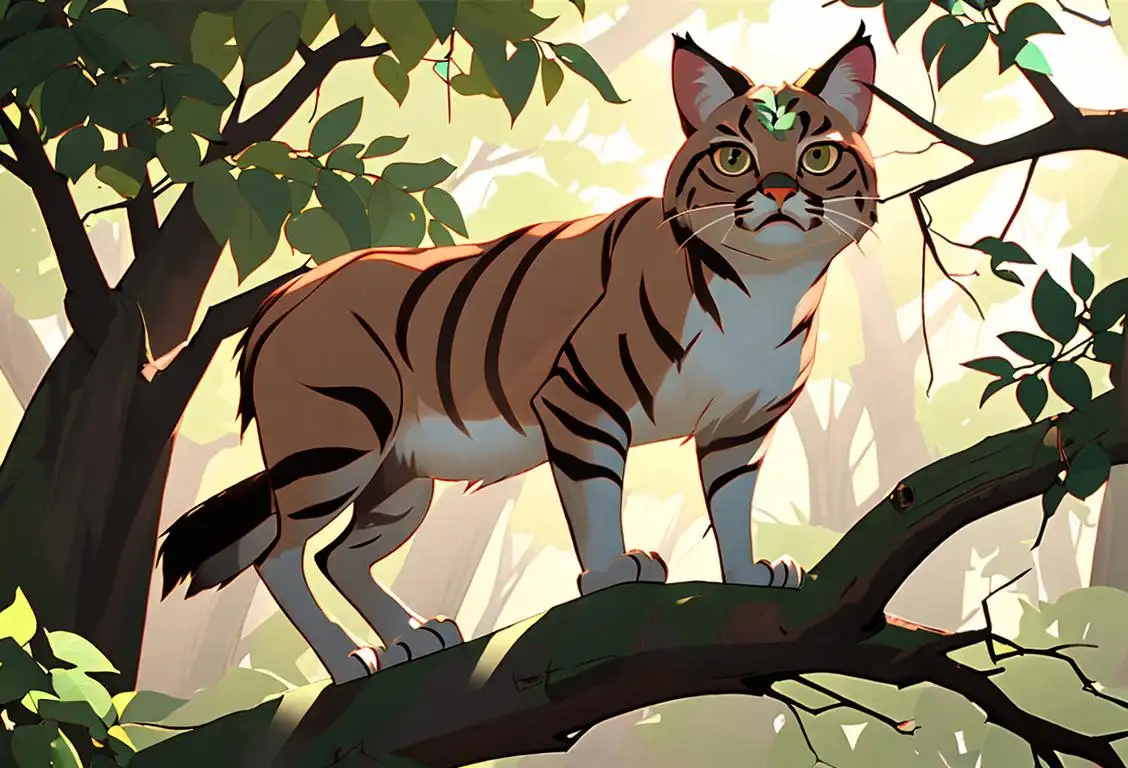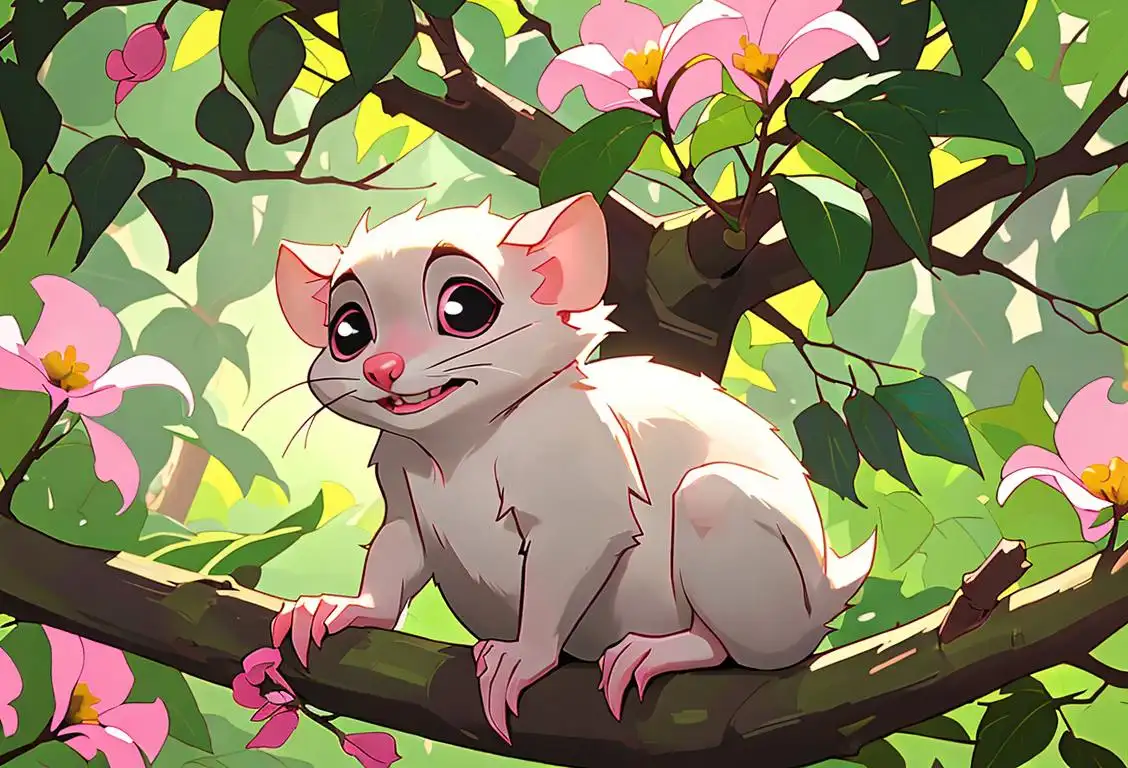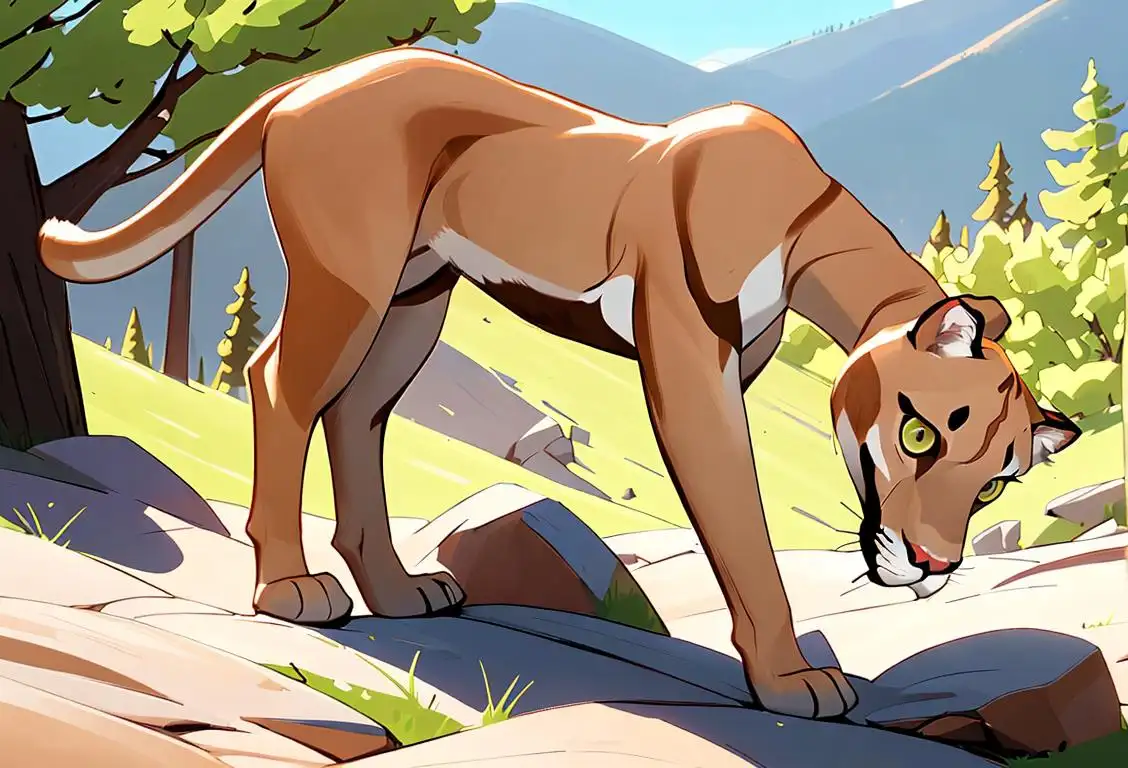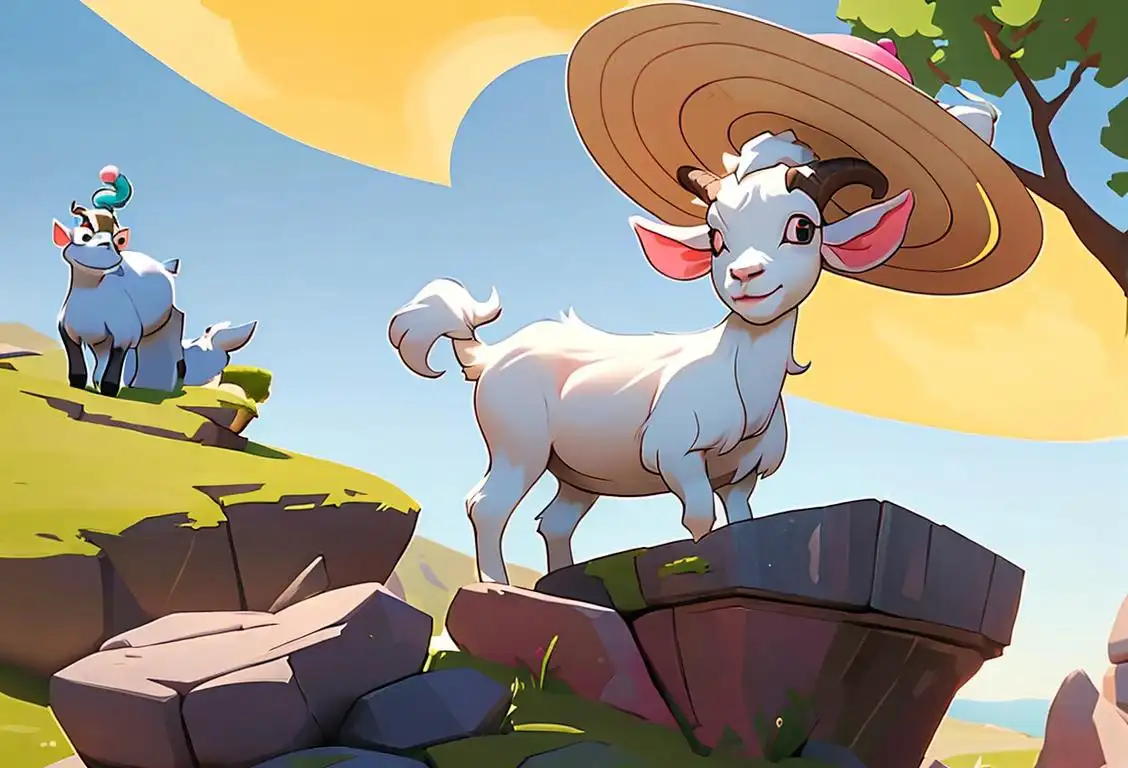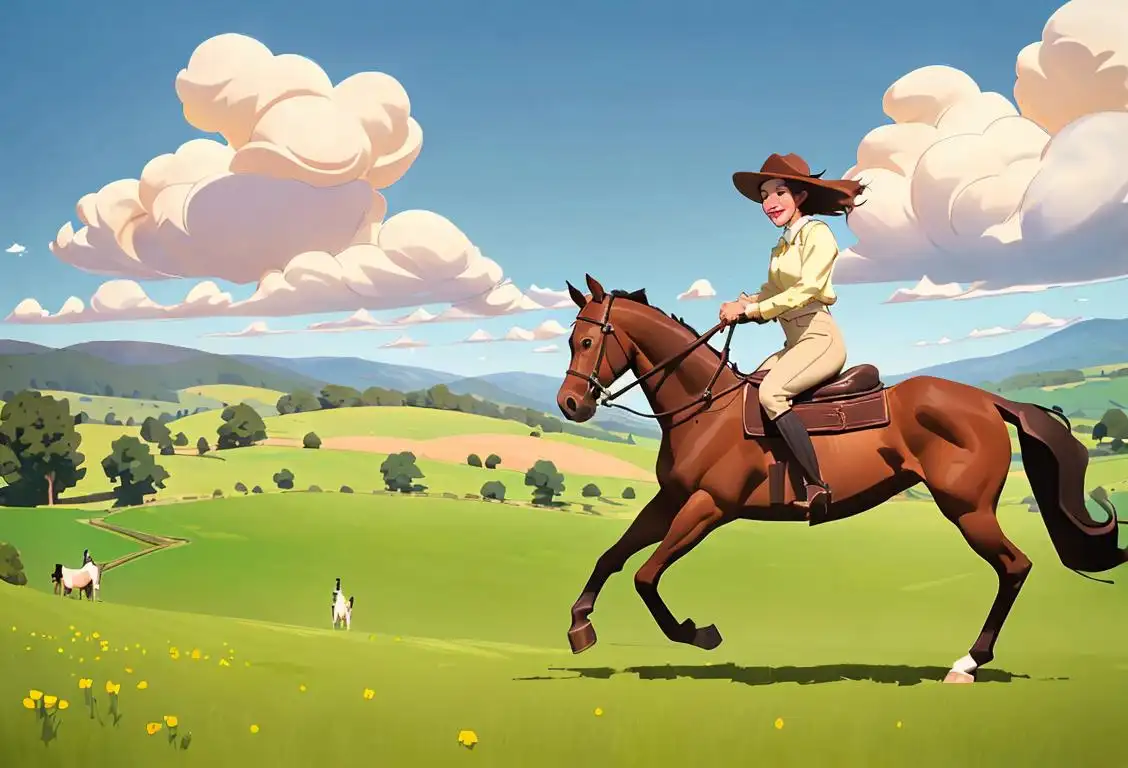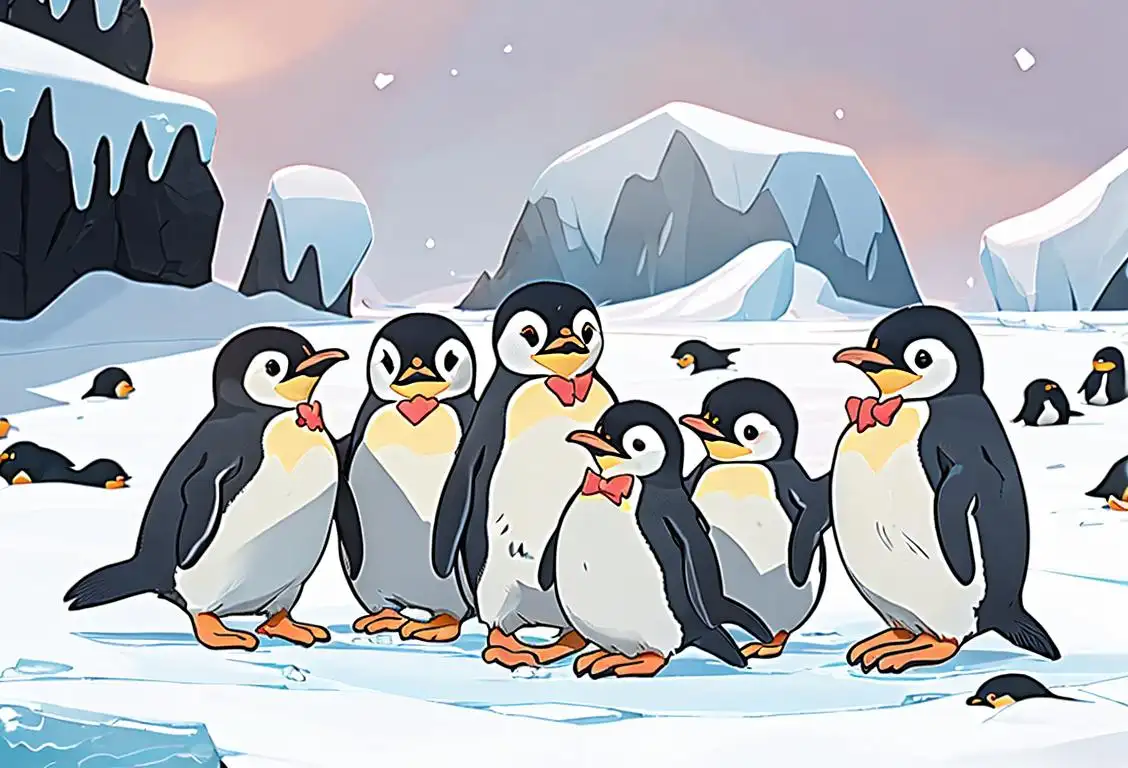National Wildlife Day
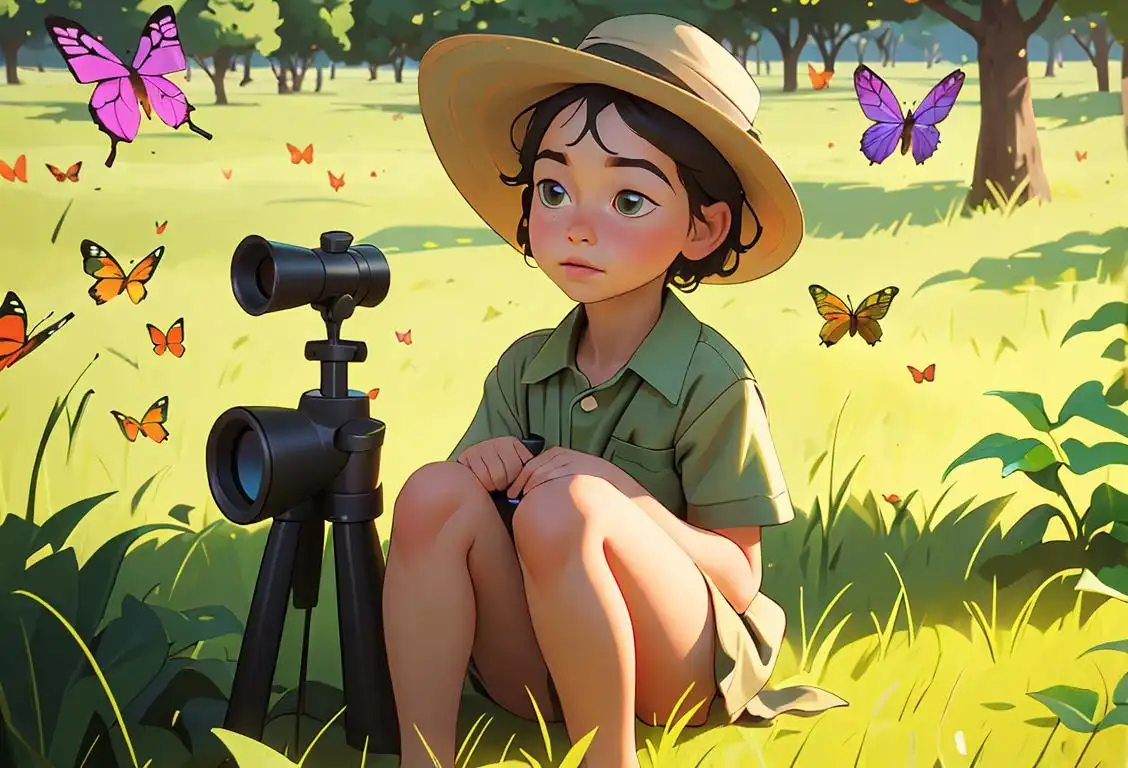
Listen up, fauna fanatics! Time to give a kingly roar, a shimmering trill, or a simple chirp of joy, because National Wildlife Day is on its way. This day will get even the laziest of couch potatoes ready to explore the Great Outdoors.
When is Wildlife Day?
It's national wildlife day on the 4th September.
What is National Wildlife Day?
Need a hint? It's wild, it's full of life, and it has a day all its own. You guessed right - it's National Wildlife Day! This day is dedicated to raising awareness and appreciation for the world's wild animal kingdom. From the tiniest of ants to the grizzliest of bears, every creature counts and has its special place in the ecosystem.
Historical Roots.
Have you ever been so passionate about animals that you created a national day in their honor? That's exactly what Colleen Paige, animal advocate and pet lifestyle expert, did. She founded National Wildlife Day in 2005, in loving memory of wildlife enthusiast and former Crocodile Hunter, Steve Irwin.
Celebrating the Day.
How do you mark this wild day, you ask? Now, we’re not telling you to embark on a Jungle Book style adventure (although that’d be cool). There are many safer, yet equally fun, ways to celebrate. Visit a local zoo, donate to a wildlife charity, or simply spend time watching a nature documentary - animal ones are the best! And don't forget to hop onto social media and share your wildlife moments using #NationalWildlifeDay. It’s a wild fiesta and everyone is invited!
Trivia and Facts.
On 4th September 2020, our website detected a record 8798 mentions of National Wildlife Day online. This isn't surprising, as the animal kingdom is largely respected and cherished worldwide.
History behind the term 'Wildlife'
1865
The Birth of Wildlife
The term 'wildlife' was first used in 1865 by Dr. William Hornaday, an American conservationist. He coined the term to describe all living organisms, except humans, that reside in natural habitats. Dr. Hornaday aimed to raise awareness about the importance of preserving wildlife and its natural habitats.
1933
The Founding of the Wildlife Society
In 1933, the Wildlife Society was established in the United States to promote the study and conservation of wildlife. The society played a crucial role in bringing attention to the declining populations of various species due to habitat destruction, hunting, and other factors. It helped build a scientific foundation for wildlife management and conservation efforts.
1973
The Endangered Species Act
The passage of the Endangered Species Act in 1973 was a monumental milestone for wildlife conservation. This legislation aimed to protect and recover endangered and threatened species and their habitats. It provided a framework for identifying, listing, and conserving species on the brink of extinction, thus playing a vital role in preserving biodiversity.
1980
The World Wildlife Fund's Conservation Efforts
The World Wildlife Fund (WWF), founded in 1961, expanded its efforts in the 1980s to become one of the world's largest and most influential conservation organizations. The WWF focuses on various initiatives such as protecting endangered species, conserving forests and oceans, and promoting sustainable practices worldwide. Through its campaigns and projects, the WWF has helped raise awareness about the importance of preserving wildlife and its habitats on a global scale.
2002
The United Nations' World Wildlife Day
In 2002, the United Nations General Assembly established World Wildlife Day to celebrate and raise awareness about the world's diverse flora and fauna. Celebrated annually on March 3rd, this day acts as a reminder of the importance of wildlife conservation and the need to combat wildlife trafficking, habitat degradation, and other threats to wildlife. It serves as a global platform to promote the protection and sustainable use of wildlife.
Did you know?
Did you know, National Wildlife Day is commemorated twice a year? That's right - once on February 22nd, to honor the birthday of Steve Irwin, and then again on September 4th.Tagged
awareness celebration animals nature wildlife outdoorsFirst identified
25th July 2015Most mentioned on
4th September 2020Total mentions
8798Other days
Wildlife Day
Badger Day
Park Every Day
Bobcat Day
Possum Day
Slug Day
Cougar Day
Goat Day
Horse Day
Penguin Day


